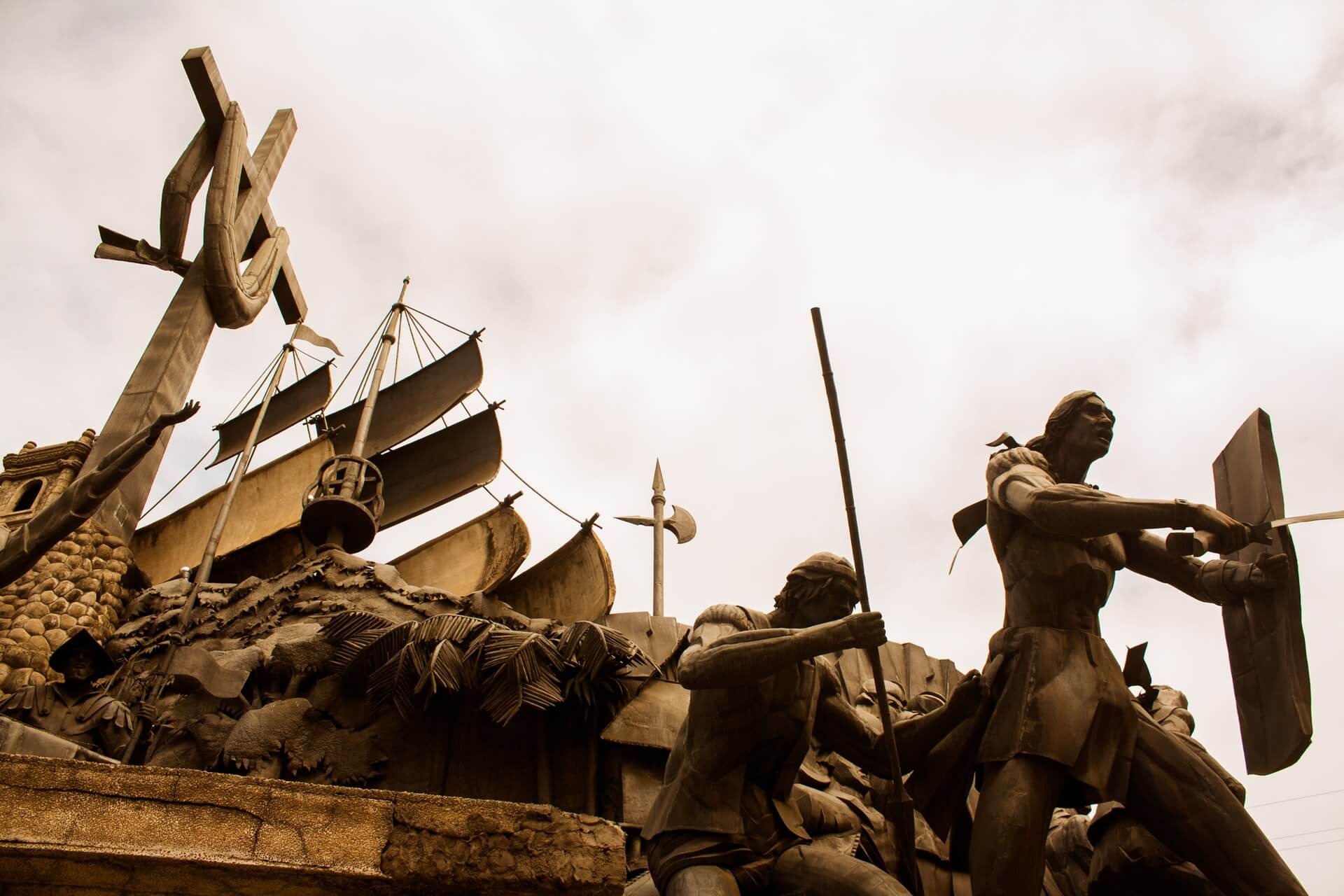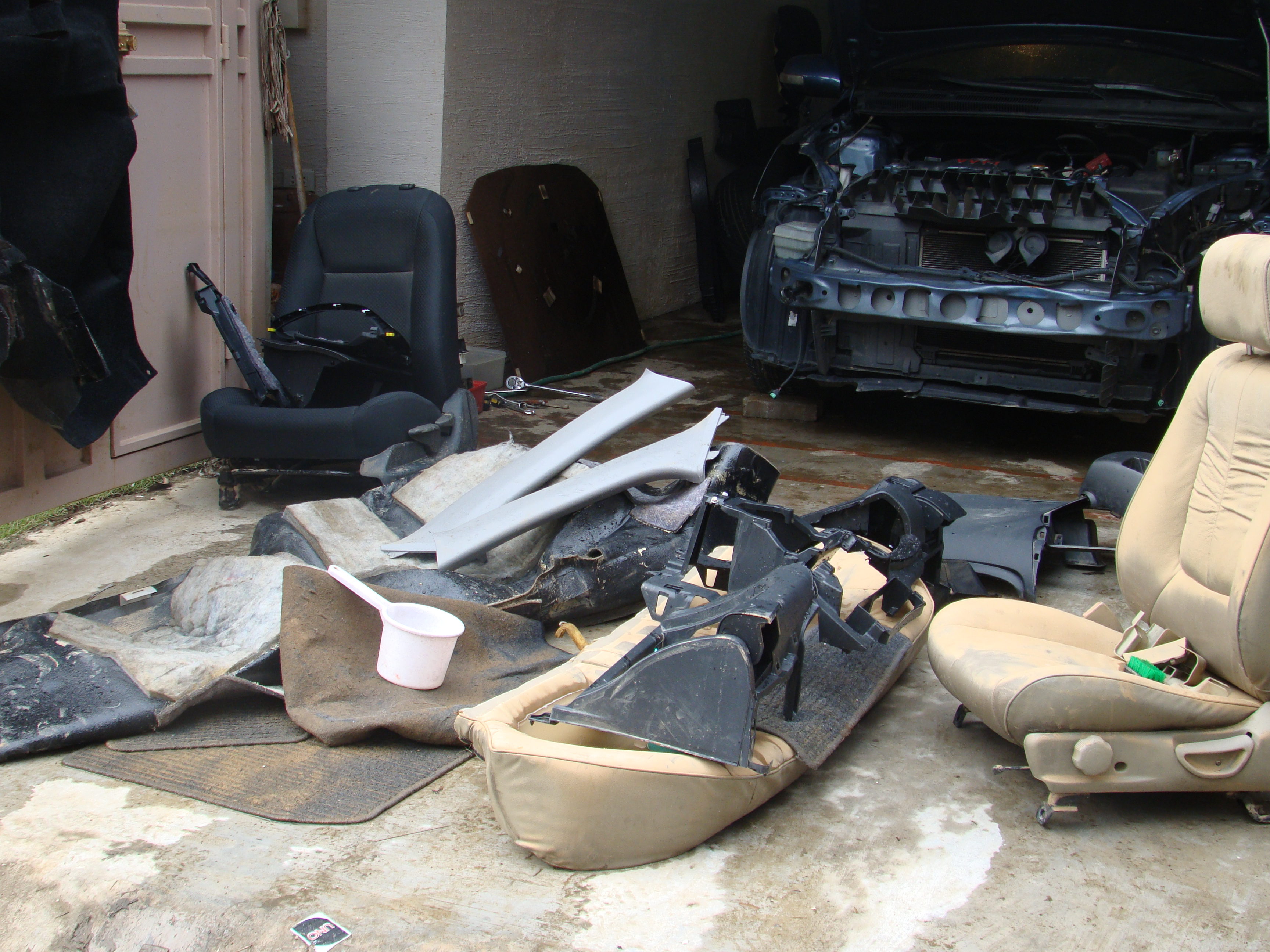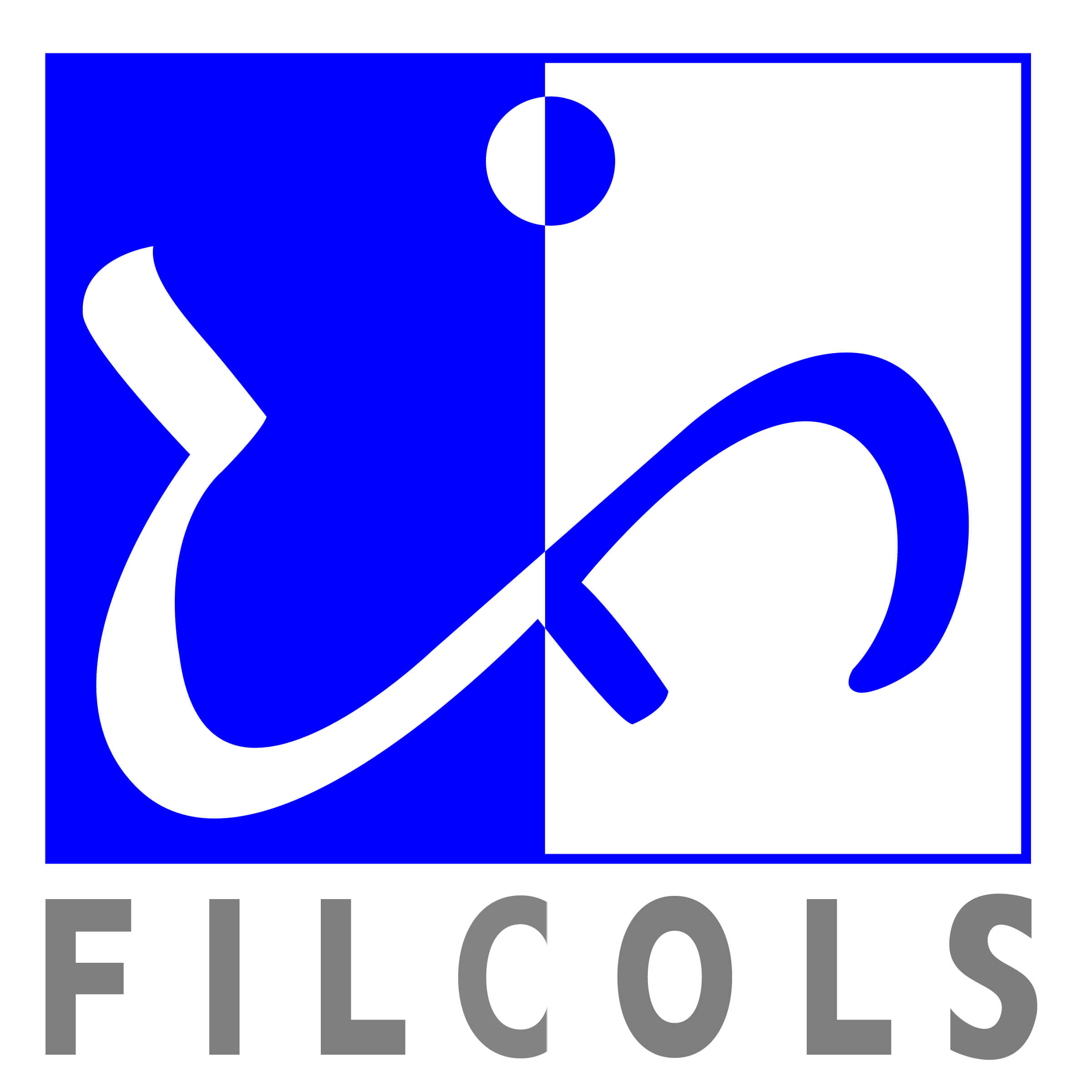



Art. 27.2, Universal Declaration of Human Rights


Sec. 177.1, IP Code of the Philippines

Sec. 184.2, IP Code of the Philippines

What is FILCOLS?
The Filipinas Copyright Licensing Society, Inc. (FILCOLS) is a non-stock, non-profit corporation mandated by authors, publishers, and other rightsholders in the text and image sector to enforce their reproduction rights as defined in the Intellectual Property Code of the Philippines (IP Code).
Which groups established FILCOLS?
FILCOLS was organized in mid-2007 by the Book Development Association of the Philippines (BDAP), Unyon ng mga Manunulat sa Pilipinas (UMPIL or Writers Union), the National Book Development Board (NBDB), and the Intellectual Property Office of the Philippines (IPOPHL).
Respect Copyright. Reward Creativity.
About Filipinas Copyright Licensing Society, Inc.
Aside from Philippine organizations, which international organizations helped FILCOLS?
The World Intellectual Property Organization (WIPO), the International Federation of Reproduction Rights Organizations (IFRRO), the US Copyright Office, and the Copyright Clearance Center provided training. While the Norwegian Copyright Development Association (NORCODE), KOPINOR, and the Norwegian government provided training and financial support to FILCOLS to fund its initial years of operations.
What is Copyright and Reproduction Rights?
Copyright is the automatic legal protection given to authors or creators of scientific, literary, and artistic works. It is not just one right but a bundle of moral and economic rights.
The reproduction right is one of the economic rights of authors under the IP Code. It is the exclusive right of authors to authorize publishers or entities to make copies of their articles, books, drawings, photographs, and other works.
Why should institutions get a license from FILCOLS for the large-scale reproduction of printed materials for its internal use?
Due to the large number of authors and also large number of consumers using their works, the best solution for educational institutions, businesses, and other organizations is to get a license from FILCOLS and pay a blanket license fee. Since FILCOLS represents local and international rightsholders, the consumer is dealing with only one entity that will make legal its use of copyrighted material through digital and photocopying.
We are a poor country. Aren’t we exempted from this kind of licensing?
Poverty is not an excuse to violate copyright because publishers and authors need to make a living just like everybody else. People need to pay for the use of copyrighted works the same way they pay for food or transportation because these are products of someone’s hard work. There are collective management organizations operating in African countries like Malawi, Mauritius, and Kenya.
What is IFRRO and why membership is important for FILCOLS?
The International Federation of Reproduction Rights Organizations (IFRRO) is a global association with 157 members from 85 countries composed of national RROs, authors’ groups, publishers’ associations, and other creative sector organizations. Through IFRRO’s activities, FILCOLS interact with organizations from around the world and learns about their challenges in collective management of copyright including legislative issues.

